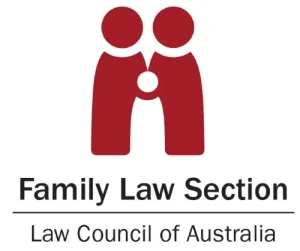
Mandated Vaccinations – are they legal?
We have endured hearing and reading about the word ‘mandate’ over the past 18 months, but what the heck does it mean?
The word ‘mandate’ has been used when referring to workers in certain industries needing to be vaccinated in order to continue with their duties at work. Classic examples of a mandated workforce are healthcare and education.
‘On just terms’
Confusingly, a mandate in an Act, or an individual policy created by an employer, does not always mean that it is compulsory to comply with that Order or Direction.
Cast your mind back to the classic Australian movie, The Castle. In the end, the Kerrigans weren’t required to hand over their suburban home to Airlink, the company expanding the airport next to their home. This is because the High Court found that their home was not being acquired ‘on just terms’ by Airlink.
Similarly with mandates, they must also be ‘on just terms’.
So, what does that mean?
Well, the directive must be within the bounds of Australian and international law.
If the employee is discriminated against by the employer on the grounds that they are unable to be vaccinated due to a medical condition, then that may well violate Australian and international law.
There are also arguments surrounding religious reasons for not wanting to be vaccinated. However, so far, the courts have been unwilling to give much weight to that argument.
Employers are also in a tough position.
Employers have an obligation to ensure their workforce is safe, alongside their customers and clients, as per the Work Health and Safety Act 2012.
Indeed, employer groups have called on the government to mandate the vaccination requirements at work more broadly under legislation. This would alleviate the need for business owners to attempt creating policies, which cause a minefield.
Recently, to make matters more complex, it was found by the Fair Work Commission that there must be adequate consultation with respect to policies and vaccination. Employers must consult with employees and, if necessary, employment groups, before implementing a policy that directs its workforce to vaccinate.
In conclusion, mandates are legal to the extent that they must be ‘on just terms’. This means the mandate cannot violate other Australian or international laws, such as discrimination. Courts are now making decisions that guide what is and isn’t acceptable with respect to vaccination mandates (E.g., workplaces requiring consultation with employees).
If you require advice on this topic, please contact Boylan Lawyers on (08) 8632 2777.











